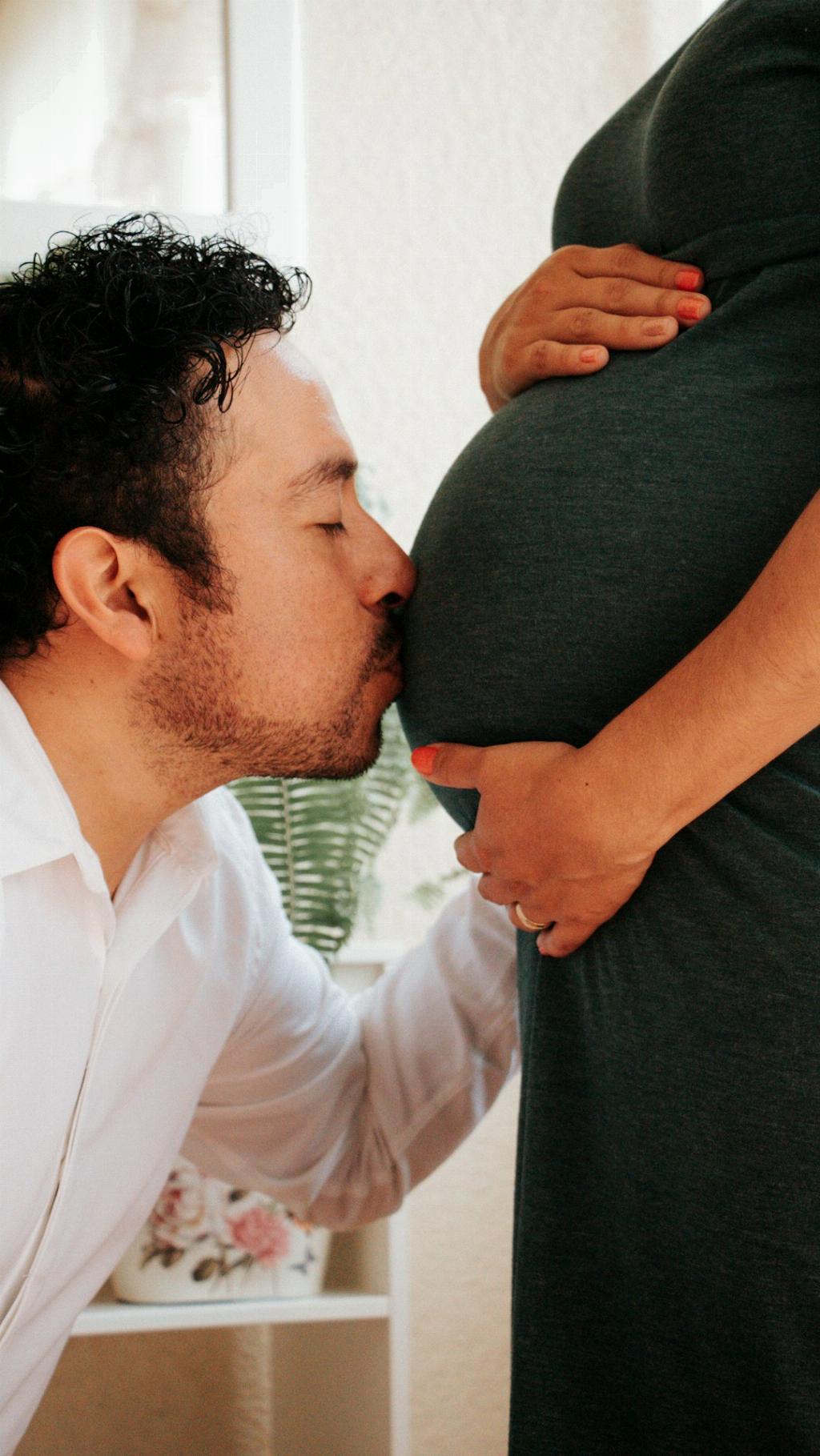One of the most common questions among expecting mothers is: how quickly do pregnancy symptoms kick in? While every pregnancy is unique, there are some general trends that can help answer this question.
Early Pregnancy Symptoms
During the first trimester, the body undergoes numerous changes as it prepares to nurture a growing fetus. Some of the earliest signs of pregnancy include bloating, headaches, and fatigue. These symptoms can start as early as 1 to 2 weeks after conception, when pregnancy hormones begin to increase in the body.
Physical Changes
As early as 1 to 2 weeks after conception, the body starts to produce more blood to support the developing fetus. This increase in blood production can lead to early signs of pregnancy such as frequent urination, fatigue, and low blood pressure. These physical changes are often the first indicators that a woman may be pregnant.
Common Early Pregnancy Symptoms
Aside from physical changes, there are a variety of common early pregnancy symptoms that women may experience. These include morning sickness, breast tenderness, mood swings, and food aversions. These symptoms can start to manifest within the first few weeks of pregnancy and vary in intensity from woman to woman.
Week-By-Week Progression
As the pregnancy progresses, symptoms may evolve and change in intensity. For example, morning sickness typically peaks around 6 to 8 weeks and may start to subside by the end of the first trimester. Breast tenderness, on the other hand, may persist throughout the entire pregnancy.
Factors Influencing Symptom Onset
It’s important to note that the timing and severity of pregnancy symptoms can be influenced by a variety of factors, including overall health, genetics, and lifestyle. Women who have been pregnant before may also notice symptoms sooner than first-time mothers due to the body’s prior experience with pregnancy.
Consulting a Healthcare Provider
If you suspect you may be pregnant and are experiencing symptoms, it’s crucial to consult with a healthcare provider for confirmation and prenatal care. A healthcare provider can conduct a pregnancy test and provide guidance on managing symptoms and preparing for the pregnancy ahead.
Managing Pregnancy Symptoms
While some pregnancy symptoms may be uncomfortable or challenging to deal with, there are strategies that can help manage them. Staying hydrated, getting plenty of rest, eating small, frequent meals, and engaging in gentle exercise can all contribute to alleviating symptoms and promoting a healthy pregnancy.
Monitoring Symptoms
Throughout the pregnancy, it’s essential for women to monitor their symptoms and communicate any concerns with their healthcare provider. Changes in symptoms, such as sudden onset of severe abdominal pain, excessive vomiting, or sudden swelling, can be warning signs of potential complications and should be addressed promptly.
Emotional Support
Pregnancy can be an emotional rollercoaster, and it’s normal for women to experience a range of emotions throughout the journey. Seeking emotional support from loved ones, joining a prenatal support group, or talking to a counselor can all help in navigating the ups and downs of pregnancy and preparing for the arrival of a new family member.
Final Thoughts
In conclusion, pregnancy symptoms can kick in as early as 1 to 2 weeks after conception, with early signs such as bloating, headaches, and fatigue. While the timing and intensity of symptoms can vary, it’s essential for expecting mothers to be attentive to their body’s changes, seek prenatal care, and prioritize self-care throughout the pregnancy journey.

